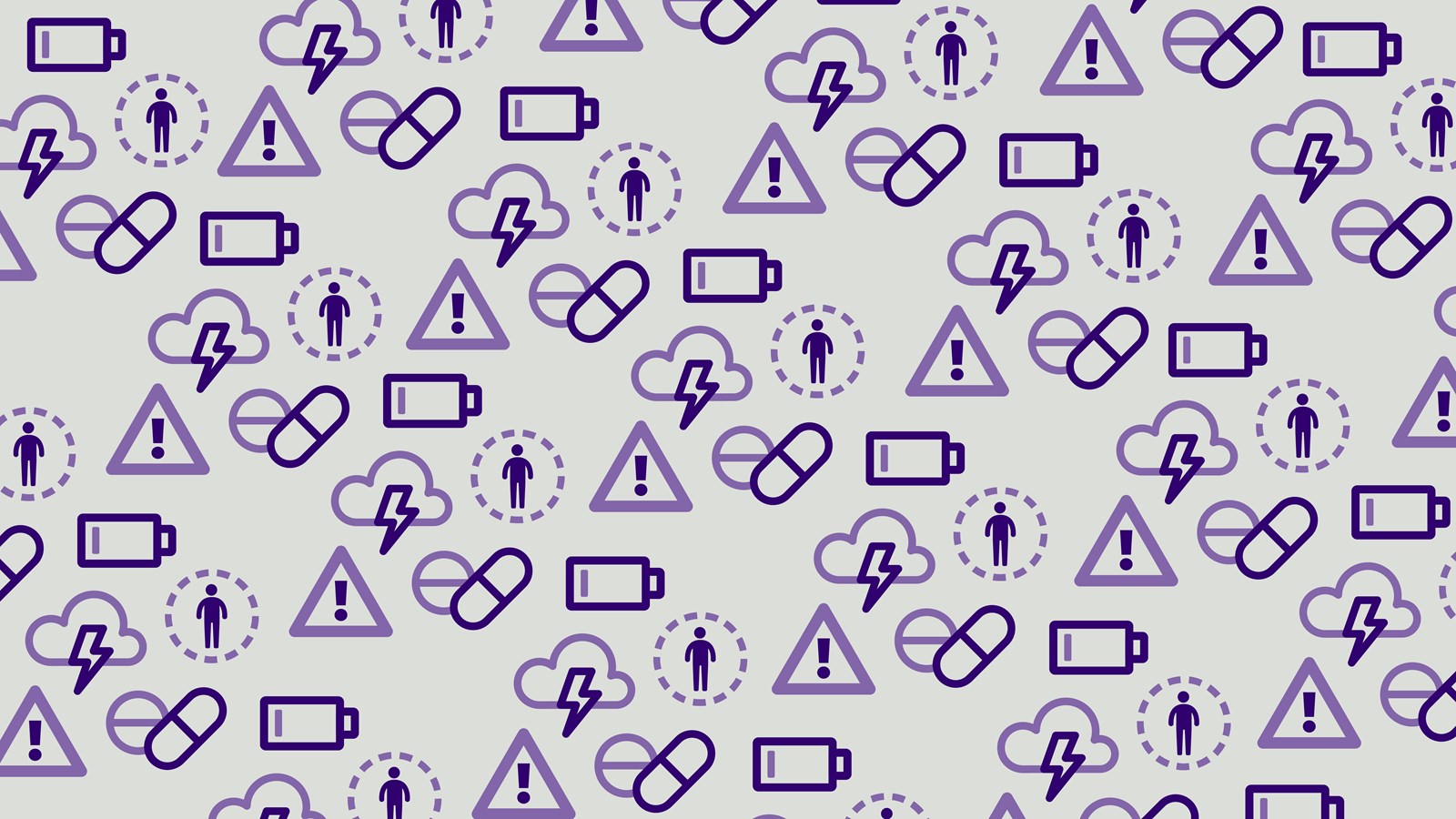While depression is often associated with sadness and hopelessness, it can also manifest itself physically through exhaustion or lack of energy. Exhaustion can be caused by lack of sleep, change in routine and other external life stressors.
Exhaustion often tends to be related to burnout, which can arise when we don’t implement clear boundaries or have never learnt how to switch off from work properly. When we feel exhausted, our mental and emotional capacities are pushed to their limits. Emotions can make us feel exhausted and exhaustion can make us
feel emotional. They go hand in hand.
How it manifests
Exhaustion can manifest in men in several ways.
• Burnout from work: You may feel unable to stop thinking about work, to the point where you’re taking work home and working long hours. This can often have a knock-on effect by negatively impacting your relationships with friends, family and loved ones.
• No longer participating in activities, interests or keeping up with routine: You may notice yourself not keeping up with your personal hygiene or day-to-day routine. You may also stop participating in activities you love.
• Irregular sleeping patterns: You may be unable to get up in the mornings or be suffering with insomnia.
Top tips
There are lots of things we can do to manage exhaustion.
Account for downtime in your daily routine
Log your day in a diary where you include timings for when you turn off your electronic devices, read, or go for a walk.
Lead a healthier lifestyle
Exercise more. It boosts your mood and dopamine levels and gives you a sense of achievement that you’ve done something productive. Our diet can help counteract fatigue; particularly foods rich in complex carbohydrates, like whole grains and oats, as well as foods high in protein such as lean meats and fish. Additionally, incorporating fruits, vegetables and nuts for vitamins and minerals can boost your energy levels. Staying hydrated with water is essential too.
Switch off from work during out of office hours
It is crucial for a healthy work-life balance. Set clear boundaries, communicate your availability, and limit work-related tasks during your downtime to recharge and stay effective.
When to see a therapist
When exhaustion is impacting your daily life, causing physical or emotional distress, or hindering your ability to cope with work-related stressors. A therapist can provide strategies to address burnout and improve your mental wellbeing.
"When things get overwhelming, I’m constantly feeling drained and exhausted. I get up in the morning and try to get on with my day but find myself getting exhausted again. Sometimes the exhaustion can confuse you, you know what you want to say or do but it can be a struggle.
But I joined group therapy – it’s just a safe space to open up to the therapist or other people and listen. A lot of the times, you pick up on not only what a person is going through, but also how they get through it."
Arran, 45
